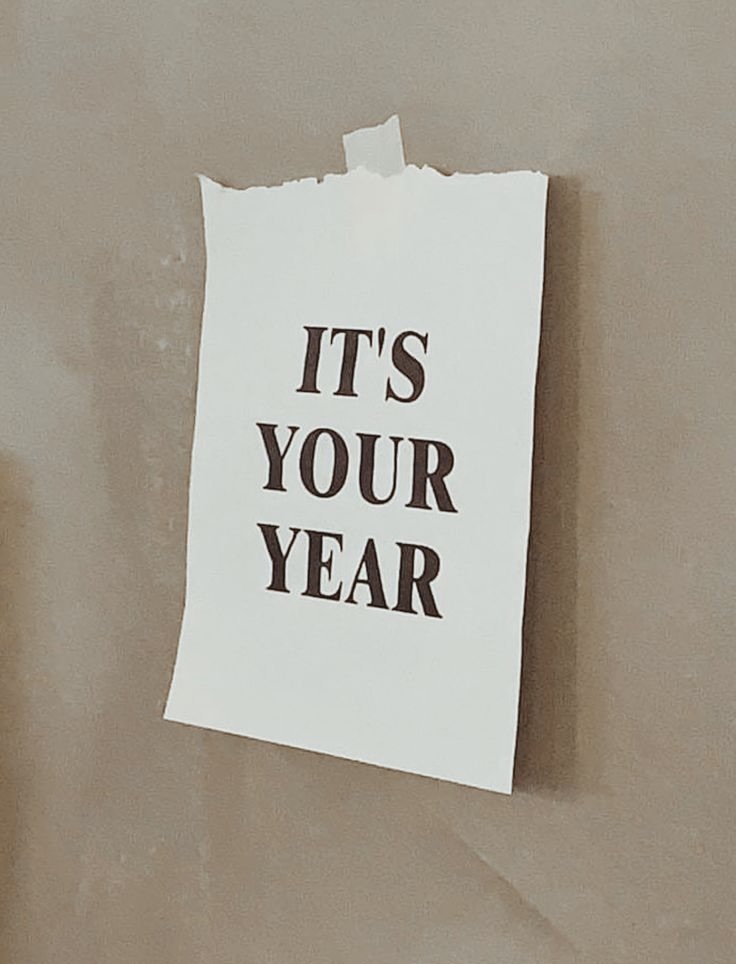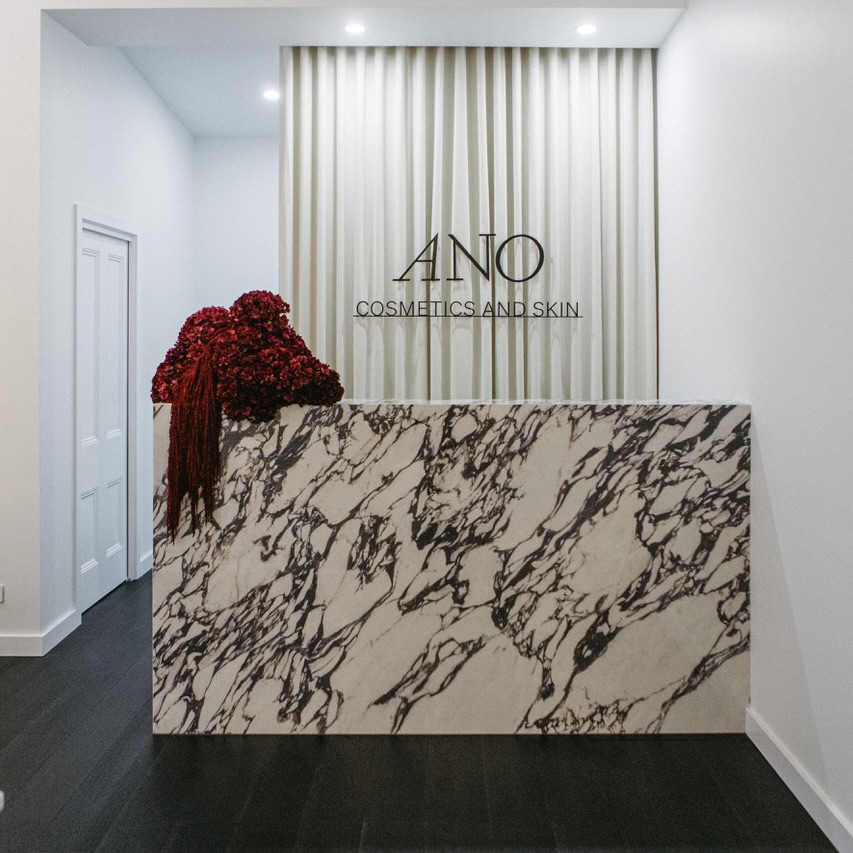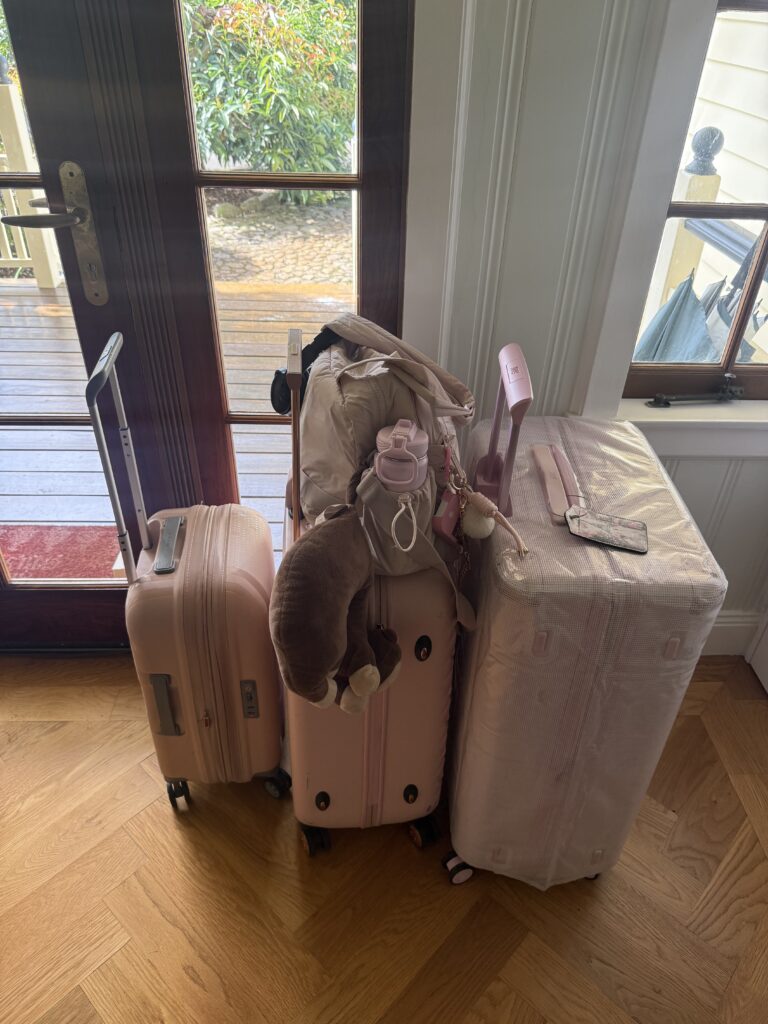Walk 10,000 steps daily & weight-train three times a week. Launch a successful business. Make new friends. Like many others, I’d set out certain goals at the beginning of the year in what feels like a perpetual attempt to level up my life. A fresh start! “New year, new me” – it starts off with high energy and ambition … but then, suddenly, it’s 2 months till Christmas and I find myself, again, staring into the void of an overwhelming vision board next to my desk and my “goals” list has (way) more unticked boxes than ticked. I feel a deep sense of disappointment and failure as I mentally “write off” the rest of the year because the following year is around the corner. The “New year, new me” cycle continues. Ugh.
Just over a year ago, I would’ve said all of this was due to a clear reason: I’m lazy, unfocused and simply not good enough… *cue the sound of a whip crack*. But lately, I’ve been learning to be much gentler and kinder to myself, inspired by a simple yet powerful epiphany. We all know what makes a good friend (you know, someone who is kind, encouraging, compassionate and loving) so, imagine what life could look like if we held this kind of supportive, uplifting friend in our own minds every day.
Instead of relying on big, yearly resolutions, this friend might gently guide us to make small, joyful choices each day, choices that nurture and build self-trust. It’s not about huge achievements nor impossible standards, but about creating a relationship with ourselves rooted in kindness and consistency. From this perspective, each day becomes an opportunity to build a more sustainable path to growth and success by starting small with a series of meaningful rituals.
What is a Ritual?
A ritual is defined as an intentional sequence of symbolic actions, often characterised by repetition, that lacks direct instrumental purpose. Rituals come in many forms and are widely practiced around the world. For example, burning sacred herbs like white sage is a sacred ritual in some Native American cultures. The difference between a routine and a ritual is that the actions in a ritual are not “causally linked” to the ritual’s main purpose. To illustrate, stretching before a marathon may be considered a helpful routine with the direct intention of improving your performance. On the other hand, wearing your lucky scrunchie or listening to a specific warmup song is considered more of a ritual – while these actions may help get you in the ‘zone’, they are unlikely to have direct functional impacts on your speed or endurance in the race.
Research shows that rituals can have a causal impact on people’s thoughts, feelings and behaviours. Rituals also help bring structure to our lives and can offer numerous psychological benefits like helping us be more present and savour experiences, giving us a sense of control and reducing anxiety.
Why a Goal-Centric Mindset Might Not Work
Big goals can be exciting, but often more so on paper than in practice. They can bring with them a weight of expectation and pressure and, given that they lack concrete outcomes and are never achieved “overnight”, it becomes that much easier to “fall off”. Big goals may also restrict your happiness. As James Clear, author of Atomic Habits, explains ‘the problem with a goals-first mentality is that you’re continually putting happiness off until the next milestone’. They can also create a misguided “either-or” mentality, where you either achieve your big goal and are successful or you fail and are a disappointment.
Another problem with a goal-focused mindset, as Clear outlines, is that it often has a “yo-yo” effect. Upon reading this, what came to my mind was the phenomenon known as “yo-yo dieting”. Someone goes on a restrictive eating regimen for a few months to reach a “goal weight” but, once they achieve it, they revert to their pre-diet lifestyle and the weight comes back. It can become a vicious cycle. If you want long-term, sustainable progress you’d focus on making small, buildable changes to your eating patterns and lifestyle – and, yes, it’s supported by research!
The Benefits of Joyful Daily Rituals over Big Goals
1. Being Present
Daily rituals help us focus on the now. By creating small, meaningful moments throughout the day we can enjoy the present moment rather than constantly looking forward, which can help you feel happier and less anxious. Additionally, being more present can help reduce stress, enhance focus and foster a deeper connection with yourself.
2. Consistency > Intensity
With daily rituals, it’s all about taking baby steps i.e. implementing small actions that are achievable on a consistent basis. When you focus on actions that feel light, natural and meaningful to you, they can lead to greater success than intense efforts we can’t sustain. To build a sustainable foundat-ion for yourself, it’s important to find small actions that you’ll look forward to – or at least ones you won’t absolutely dread. That way, you you set yourself up for success day after day, building a sense of self-trust as you engage with them regularly. Plus, these small actions are more intrinsic in nature – that is, they hold greater personal meaning rather than a focus on external validation. Studies indicate (and it intuitively makes sense) that intrinsic motivations lead to higher overall life satisfaction and wellbeing.
3. Enjoying the process
In my conversations with successful people, a common theme emerges: the pride they feel isn’t just in reaching their goals, but in the journey they took to get there. They talk about the lessons they’ve learned and the experiences they’ve had, and it becomes clear that their satisfaction comes from knowing they’d earned every bit of their success.
By embracing small, joyful rituals we also learn how to appreciate the journey and find fulfilment, growth and meaning as we savour each step. Hard times might be challenging now but we might look back at this very moment, giggle at the memory and feel grateful for how they shaped us.
Here are two examples of easy rituals that can have a powerful impact:
A “connection walk” ritual, where you set out for your daily/weekly walk but with a simple intention – to greet each person you pass, connecting briefly for that moment. It’s not necessarily for the direct purpose of making new friends, but rather to cultivate a sense of openness and confidence in engaging with others, and a willingness to be seen. Through this mindset, you create space for meaningful connection to emerge naturally.
The “pre-work focus” ritual, which might look like starting your day with movement to release tension and boost energy. Give yourself just 10 minutes of any feel-good movement – this could be body-weight exercises, skipping rope or simply stretching on your yoga mat. You might then follow with a calming activity. My calming morning activities are making my coffee, doing some light cleaning and getting some sunlight – all in silence. This blend of movement and mindfulness serves no direct purpose but can help prime me for a more productive, positive day ahead. Ultimately, your ritual needs only to make sense to you.
How Can I Stay Committed to Rituals without Pressure?
The beauty of small, joyful rituals is that they’re designed to be consistent yet flexible. Think of them as gentle anchors rather than a strict to-do list or rules. The aim is to add value to your day, not to add pressure!
Take the connection walk – if you can’t say hello to every person or if your walk is shorter than planned, that’s fine! What matters is the consistent act of getting yourself out around others and maintaining an open mindset as you connect with others in a way that feels natural and rewarding.
Similarly, the pre-work focus ritual can be based on how much time or energy you have. The aim is to honour the intention behind the ritual i.e. to create an energetic, positive momentum for your day – without the pressure to follow it to a tee.
In the end, small, joyful rituals are about cultivating a daily rhythm that supports your well-being, growth and happiness. They are gentle acts of self-care that accumulate over time, creating a foundation of fulfilment and self-trust.
While big, overarching goals are good for setting a general direction, it’s the incremental changes and consistent habits that can have lasting impact and set you up for a more productive, connected and positive life. So, in 2025, why not join me in embracing this softer, day-by-day approach and see where it takes us?
Read more of our New Year articles here.





